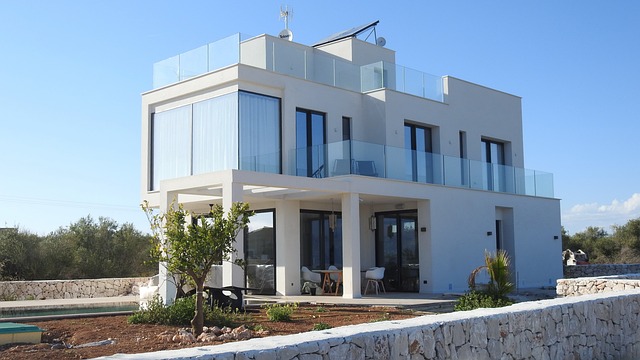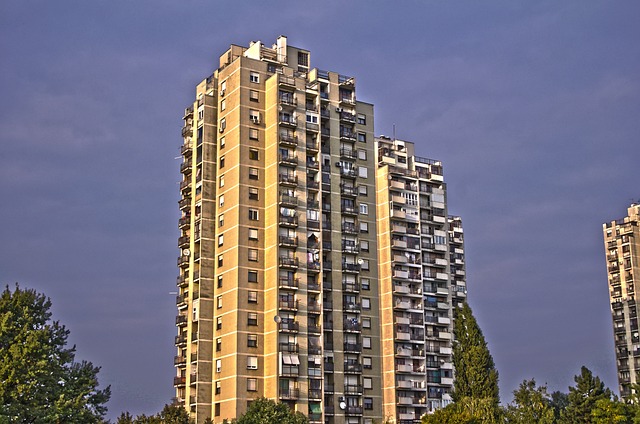The biggest ECs in Singapore, managed by the Housing & Development Board (HDB), are a cornerstone of affordable housing, offering government-subsidized homes at lower prices than private condos. With reduced fees and collective ownership, ECs cater to diverse income earners, especially first-time buyers, but come with restrictions like minimum occupation periods. Private condos, though pricier, offer customization, flexible lease terms, and unrestricted resale rights, appealing to those seeking more personalized housing options. Understanding these distinctions is crucial for Singaporeans navigating the competitive real estate market.
“In Singapore’s competitive property market, understanding the nuances between Housing & Development Board (HDB) flats, known as ECs (Executive Condos), and private condos is essential for prospective buyers. While ECs offer affordable housing with HDB funding and government subsidies, private condos provide more financial flexibility and diverse amenities. This article delves into the key differences between these two housing types, focusing on funding options, management structures, maintenance, and community engagement, highlighting the biggest ECs in Singapore to help buyers make informed decisions.”
- Funding and Property Ownership
- – Comparison of funding sources and ownership models: public vs private.
- – How each model affects purchasing power and financial obligations for buyers.
Funding and Property Ownership

In Singapore, the biggest EC (Housing & Development Board public housing) accounts for a significant portion of the housing market, offering affordable homes to many citizens. Unlike private condos, ECs are primarily government-funded and managed by HDB. This public ownership structure translates to lower maintenance fees for residents compared to their private condo counterparts.
While private condos cater to individuals or groups seeking luxury living with exclusive amenities, ECs focus on providing quality homes at accessible prices. The funding model allows for substantial capital investment in infrastructure and facilities, ensuring a robust community environment. This public ownership also simplifies property management, as HDB handles maintenance and upkeep, freeing residents from the responsibilities often associated with private property ownership.
– Comparison of funding sources and ownership models: public vs private.

In Singapore, the biggest EC (Housing and Development Board) flats are a public housing initiative aimed at providing affordable homes for citizens. Funding for ECs primarily comes from government funds and contributions, ensuring accessibility to a wide range of income earners. Home ownership is typically through a ballot system, offering units at significantly lower prices compared to private condos. On the other hand, private condos are privately developed and funded, making them more exclusive and often more expensive. Ownership models in private condos usually involve freehold or leasehold arrangements, with individual owners holding legal title to their units. This contrast in funding sources and ownership models sets a clear distinction between ECs and private condos, catering to different segments of the housing market in Singapore.
– How each model affects purchasing power and financial obligations for buyers.

The choice between an Executive Condo (EC) and a Private Condo in Singapore significantly impacts buyers’ purchasing power and financial obligations. ECs, as a form of government-driven housing, often offer more affordable prices compared to private condos. This is due to factors like reduced development charges and lower land costs, making them an attractive option for first-time home buyers or those on a budget. However, ECs usually come with specific restrictions, such as a minimum occupation period and resale limits, which can influence buying decisions.
In contrast, private condos generally command higher prices but provide greater flexibility. Buyers enjoy more freedom in terms of customization, lease terms, and resale rights. These advantages, however, come at a financial premium. The lack of government subsidies means private condo buyers often face higher mortgage payments and may struggle to match the affordability offered by ECs, especially in the competitive Singapore property market known for its biggest ECs.
When considering between ECs and private condos in Singapore, understanding the key differences is essential for buyers. While ECs offer affordable housing options with government funding support, private condos provide exclusive amenities and private ownership. The choice ultimately depends on individual preferences, financial capabilities, and desired lifestyle. In a bustling city like Singapore, where real estate is a significant investment, buyers should weigh these factors to make an informed decision, ensuring they find the best fit for their needs in one of the biggest ECs in Singapore.
